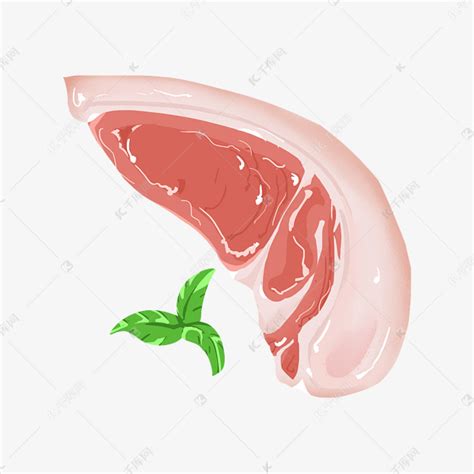Title: Exploring the Potential of Blockchain Technology in the Pork Industry
Blockchain technology has garnered significant attention in various industries for its potential to enhance transparency, traceability, and efficiency in supply chains. The pork industry, like many others, can benefit from the implementation of blockchain solutions. Let's delve into the ways blockchain can revolutionize the pork industry and how stakeholders can leverage this technology to ensure quality, safety, and trust in pork products.
Enhancing Traceability and Transparency
One of the primary challenges in the pork industry is ensuring traceability throughout the supply chain. Blockchain offers a decentralized and immutable ledger that records every transaction or event related to pork production, processing, and distribution. Each step in the supply chain, from farm to fork, can be recorded on the blockchain, providing stakeholders and consumers with unprecedented transparency.
Through blockchain technology, consumers can access detailed information about the origins of pork products, including the farm where the pigs were raised, the feed they consumed, any medications administered, and the conditions of transportation and storage. This transparency fosters trust between consumers and producers, as consumers can make informed decisions based on reliable information.
Improving Food Safety and Quality Control
Food safety is paramount in the pork industry, with concerns ranging from the outbreak of diseases to the use of additives and contaminants. Blockchain can play a crucial role in improving food safety by enabling realtime monitoring and tracking of pork products at every stage of the supply chain.
By integrating IoT devices, such as sensors and RFID tags, with blockchain technology, stakeholders can monitor key parameters like temperature, humidity, and handling practices. Any deviations from the optimal conditions can be immediately recorded on the blockchain, triggering alerts and allowing for timely intervention to prevent quality issues or contamination.

Moreover, blockchain facilitates the implementation of smart contracts, which automatically enforce predefined rules and standards throughout the supply chain. For example, smart contracts can ensure that only certified farms and processors are allowed to participate in the supply chain, thereby reducing the risk of counterfeit or substandard products entering the market.
Streamlining Supply Chain Management
The pork supply chain is often complex, involving multiple stakeholders, including farmers, processors, distributors, retailers, and regulatory agencies. Coordinating these entities and managing the flow of products efficiently can be challenging. Blockchain offers a solution by providing a single source of truth that all participants can trust.
With blockchain, data silos and inefficiencies inherent in traditional supply chain systems can be eliminated. Each participant can access a decentralized ledger that contains realtime information about inventory levels, orders, shipments, and payments. This transparency and visibility enable stakeholders to optimize logistics, reduce lead times, minimize waste, and respond promptly to changes in demand or supply.
Empowering Consumer Engagement and Brand Loyalty
In today's market, consumers are increasingly demanding more information about the products they purchase, including their origin, production methods, and ethical considerations. Blockchain empowers consumers by giving them direct access to reliable information about pork products, thereby enabling them to make ethical and sustainable choices.
Furthermore, blockchain can facilitate the development of loyalty programs and rewards schemes that incentivize consumers to support brands that prioritize transparency, sustainability, and quality. By scanning QR codes or NFC tags on pork packaging, consumers can unlock rewards, discounts, or exclusive content, fostering brand loyalty and engagement.
Conclusion: Embracing the Future of Pork Production
In conclusion, blockchain technology holds immense promise for transforming the pork industry by enhancing traceability, transparency, food safety, and supply chain management. By embracing blockchain solutions, stakeholders can build trust with consumers, improve operational efficiency, and unlock new opportunities for innovation and differentiation in the marketplace. As the adoption of blockchain continues to grow, the pork industry must seize the opportunity to embrace this technology and unlock its full potential for the benefit of all stakeholders involved.
References:
1. Nayak, Richa, et al. "Blockchain technology: A survey on applications and security." Journal of Network and Computer Applications 86 (2017): 1132.
2. Shen, Guangjun, et al. "Blockchain technology in agrifood value chain management: A synthesis of applications, challenges, and future research directions." Computers and Electronics in Agriculture 190 (2021): 106495.
3. Zheng, Zibin, et al. "An overview of blockchain technology: Architecture, consensus, and future trends." Proceedings of the IEEE 107.10 (2019): 21232159.
标签: 区块链图片模块 区块链图片大全简洁 区块链图片素材系统高清图片 区块链图解搞笑 区块链猪币







